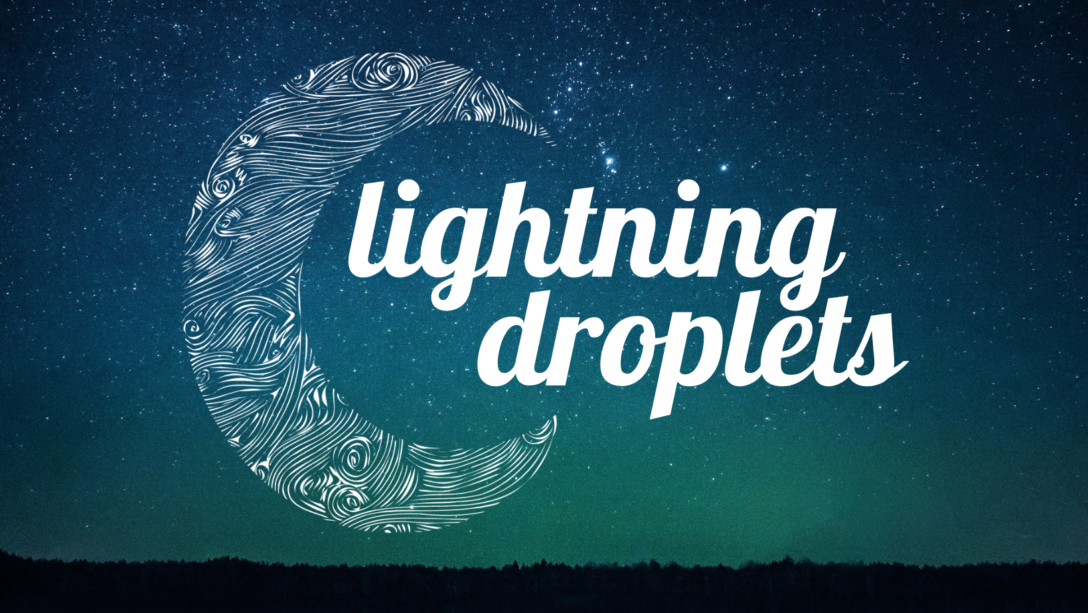This piece was originally published in Yemassee Journal, Issue 20.2
“Self-expression must pass into communication for fulfillment.” –Pearl S. Buck
Her words sank. Not quickly like an anchor, or with a splash like a rock. Instead as she spoke, her words fluttered in the air, held afloat by the humidity. They tickled earlobes, in a language half a world away. Pieces of ideas curled with the wind among tendrils of jasmine, leaving a heavy scent wafting through the city. Nouns and verbs together toyed with bodhi leaves, pulling them along as they flitted to the ground. They landed gently on the Chao Phraya, quivering on the surface of the river and leaving ripples too small to be noticed. Amongst water hyacinth and coconuts they floated, gathering silt and absorbing the wetness of the city. In this way, the words gained weight and began to drown.
Before long, they swam in the wake of snakefish and nestled between the scales of water monitors. The more weight they gathered, the more they were immersed, the harder it was to see them. The light had trouble reaching them between algae and waste and even apsaras would be hard pressed to find them. They landed on the river bed, stirring up the bottom and throwing silt into an already murky darkness. Covered.
And soon all her pen could do was draw the curves of the paths her words had taken, as if trying to retrace their steps. Searching between the roots of ficus trees and the stamens of hibiscus for where she had misplaced them. A world made of tendrils and bubbles, floating in a silent and wordless black and white. Sea horses and leaves and turtles all swirled with a silent current. Owls became nok hoo, knock, who? and lost their edges and their names. Questions were gone and statements no longer made sense. The world churned as if everything were from the point of view of those lost words, staring up at far away surface of a river that always was moving.
And then there was a flood. The water seeped slowly, climbing up through sewers and along the streets. The river rose past dams and sandbags bringing pythons into houses and buoys into cars. It brought everything from its depths, decay, sand, and her words, which huddled against a curb and waited for the waters to recede. After months, the river left, burrowing back into its banks but leaving its refuse to dry in the sun. The sediment cracked and caked. Mosquito larvae dried like tiny raisins. The decomposing river sludge made banana trees greener and left seedling strangler figs sprouting along sidewalks. And, as if growing out from cracked pavement, her words dried, too, finally able to breathe and soak up a little bit of the warm winter sun.
